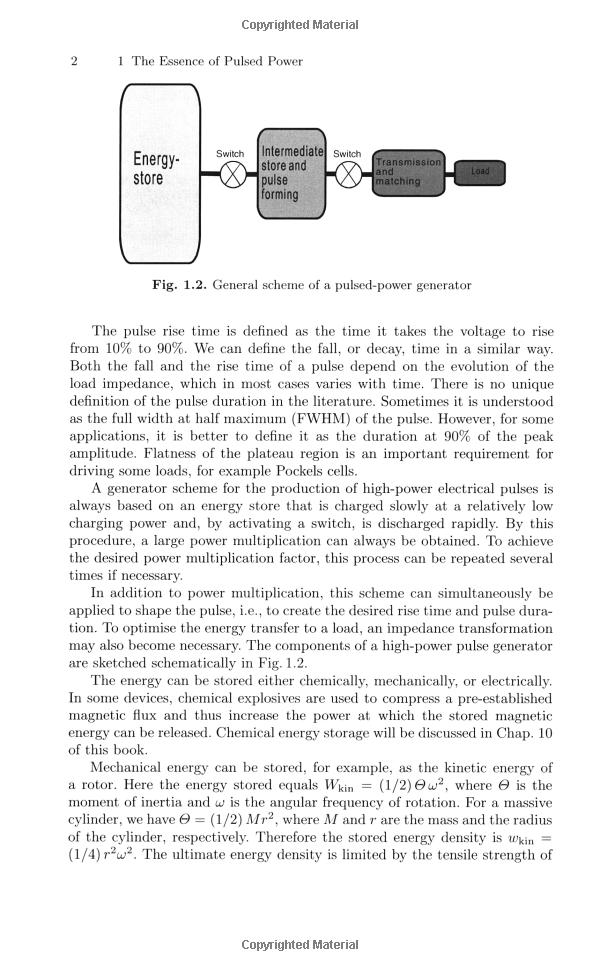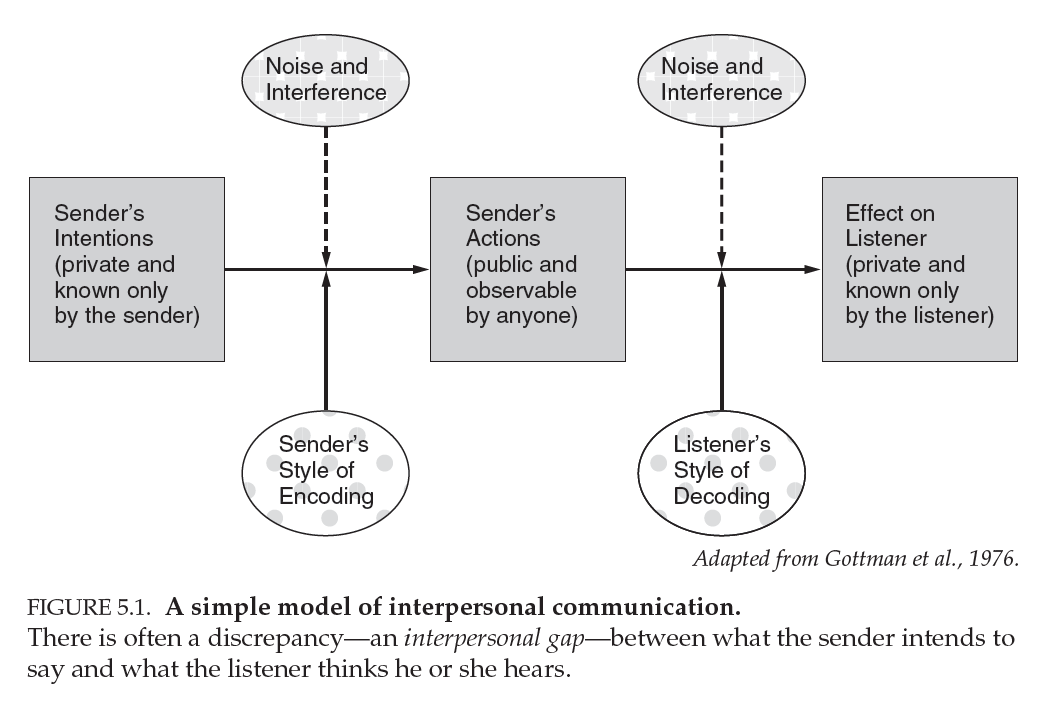The Power of Self-Discipline: Unlocking Your Potential with Peter Hollins
In today’s fast-paced world, self-discipline has become a crucial skill for achieving personal and professional success. The ability to control impulses, st……
In today’s fast-paced world, self-discipline has become a crucial skill for achieving personal and professional success. The ability to control impulses, stay focused, and push through challenges is what separates high achievers from the rest. In his insightful work, "The Power of Self-Discipline," author Peter Hollins delves deep into the mechanics of self-control, offering readers a roadmap to harness this powerful trait in their lives.
Self-discipline is not merely about resisting temptation; it’s about cultivating habits that lead to long-term success. Hollins emphasizes that self-discipline is like a muscle—it can be strengthened over time through consistent practice and dedication. He provides practical strategies to help individuals build their self-discipline, making it accessible to anyone willing to commit to the process.
One of the key themes in Hollins' work is the importance of setting clear goals. Without a defined target, self-discipline can feel aimless and ineffective. Hollins encourages readers to articulate their aspirations clearly, breaking them down into manageable steps. This approach not only makes the journey more achievable but also allows individuals to track their progress, providing motivation along the way.

Moreover, Hollins discusses the significance of understanding the underlying motivations behind one’s goals. By identifying why a particular goal matters, individuals can create a stronger emotional connection, which fuels their commitment to self-discipline. This intrinsic motivation acts as a powerful driving force, especially during challenging times when willpower may wane.
Another essential aspect of self-discipline highlighted by Hollins is the role of environment. He argues that our surroundings significantly influence our behaviors and choices. To cultivate self-discipline, it’s crucial to create an environment that supports one’s goals. This might involve decluttering physical spaces, surrounding oneself with positive influences, or even minimizing distractions from technology. By designing an environment conducive to focus and productivity, individuals can enhance their self-discipline effortlessly.
Hollins also addresses the importance of self-care in the context of self-discipline. Many people mistakenly believe that self-discipline requires relentless work and sacrifice. However, Hollins advocates for a balanced approach that includes rest, relaxation, and self-compassion. By prioritizing mental and physical well-being, individuals can maintain the energy and motivation needed to uphold their self-discipline over the long haul.

Time management is another critical component discussed in "The Power of Self-Discipline." Hollins provides practical techniques for managing time effectively, such as the Pomodoro Technique and time-blocking. These methods not only enhance productivity but also help individuals allocate time for important tasks without feeling overwhelmed. By mastering time management, individuals can create a structured routine that fosters self-discipline and leads to greater achievements.
Additionally, Hollins emphasizes the power of accountability. Sharing goals with others or seeking mentorship can significantly enhance one’s commitment to self-discipline. When individuals know that someone else is aware of their goals, they are more likely to stay on track and resist the temptation to give up. This social support system can be incredibly motivating and can foster a sense of community that encourages growth and perseverance.
In conclusion, "The Power of Self-Discipline" by Peter Hollins serves as a comprehensive guide for anyone looking to enhance their self-control and achieve their goals. By setting clear objectives, understanding motivations, creating supportive environments, prioritizing self-care, mastering time management, and seeking accountability, individuals can unlock their potential and transform their lives. Self-discipline is not an innate quality; it is a skill that can be developed and refined over time. With the insights and strategies provided by Hollins, readers can embark on a journey of self-discovery and empowerment, ultimately leading to a more fulfilling and successful life.
